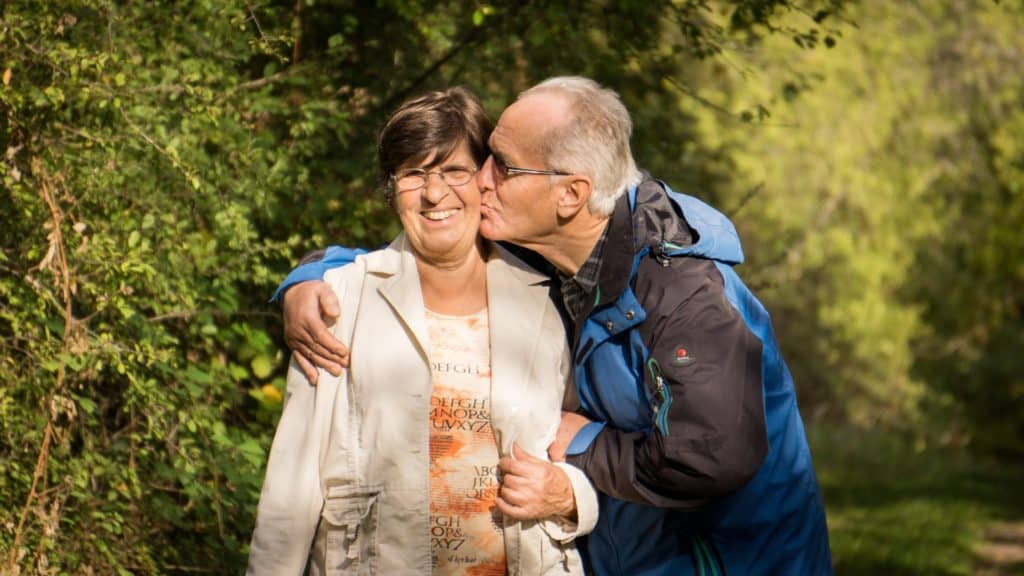Recovery is most effective with teamwork. Work together to create a blueprint for recovery.
They have shared their life with you, and now you share their struggle through recovery. Learn how you can offer guidance and support to your spouse or partner as they navigate levels of care in treatment.
Manage your expectations. Just as it was a challenge to live with someone in the throes of opioid addiction, there will be challenges on the road to recovery.
Recovery is most effective with teamwork. Work together to create a blueprint for recovery. If you choose, you can work with the treatment facility, a counselor, or a peer recovery support specialist to include drug testing as part of that blueprint. This should never be punitive, but rather a way to ensure that you are supporting their recovery in the best way you can.

Your participation in their recovery journey is vital for you and your partner. As tempting as it can be, taking responsibility for our spouse or partner’s recovery will not be effective — but you can work on your own. Support their need to go to community-based support meetings, treatment appointments, and peer recovery support visits, and understand that it will be a critical part of recovery — for both of you. In addition to participating in these meetings when invited, many community-based support groups hold open meetings so that couples can attend together.
Be mindful of friends and family relationships that may be triggering for your spouse or partner. This can include someone who encourages substance abuse or exhibits behavior that is unsupportive of your spouse or partner’s recovery efforts. Respect your partner’s need to remove those triggers, especially when it may involve a family member who modeled substance abuse in their family of origin.
Understand that recovery takes time. You will not repair your relationship overnight. Your relationship may have been primarily focused on your partner’s addiction, so you’ll both learn how to get your relationship back in balance.
“Understand that recovery takes time. Give time ‘time.’”
SAFE Project
Be actively involved in their transitions from various levels of care for substance use disorder treatment. It’s completely normal to fear a recovery disruption. As a spouse or partner, be actively involved in their transition plan. If possible, make sure that an up-to-date release of information form is in place, which will allow you to speak with your spouse or partner’s treatment team. Learn about their recovery disruption triggers, and support them as they adopt new changes in their life to take the place of substances.
Recovery disruption can happen at any time. Be aware that, even after many months of treatment and commitment to recovery, someone in recovery is extremely vulnerable to recovery disruption. It can be triggered by the slightest combination of stress and exposure to an opportunity to use substances again.
Be understanding. Recognize that even once recovery has been established, your loved one is still dealing with a substance use disorder and with the stigma of addiction — and can experience a range of emotions including shame, guilt, anger, sadness, and elation.
Do your best to remove situational triggers. Maintain a substance-free living environment. Don’t drink or use drugs around someone who is transitioning through various levels of care for treatment.
Be sensitive to signs of recovery disruption and withdrawal from social support networks with support recovery. Maintain a realistic expectation for what recovery will look like. It can be a very difficult road, but also extremely rewarding!
Stay honest. You owe it to yourself and your partner to be transparent and open.
